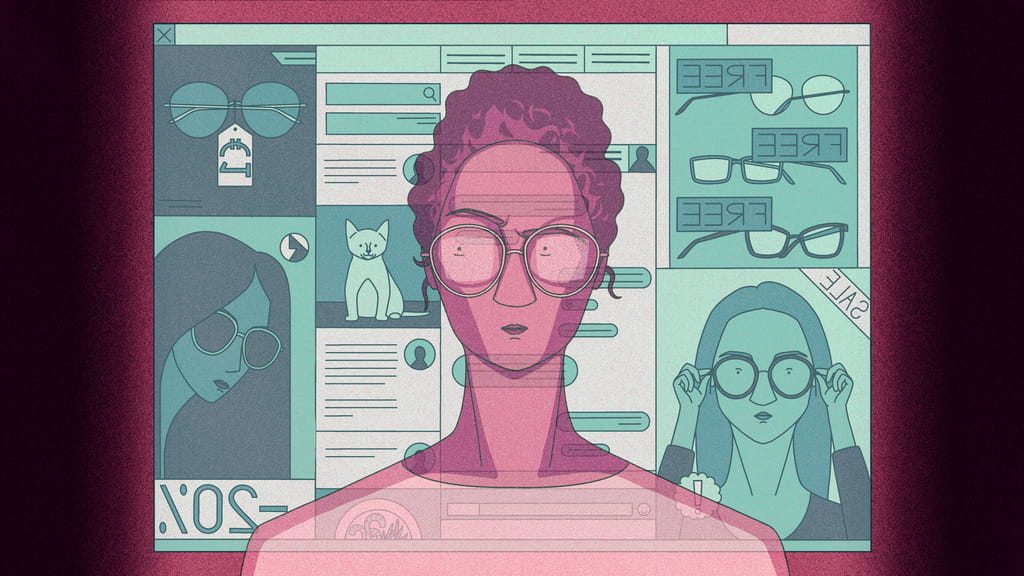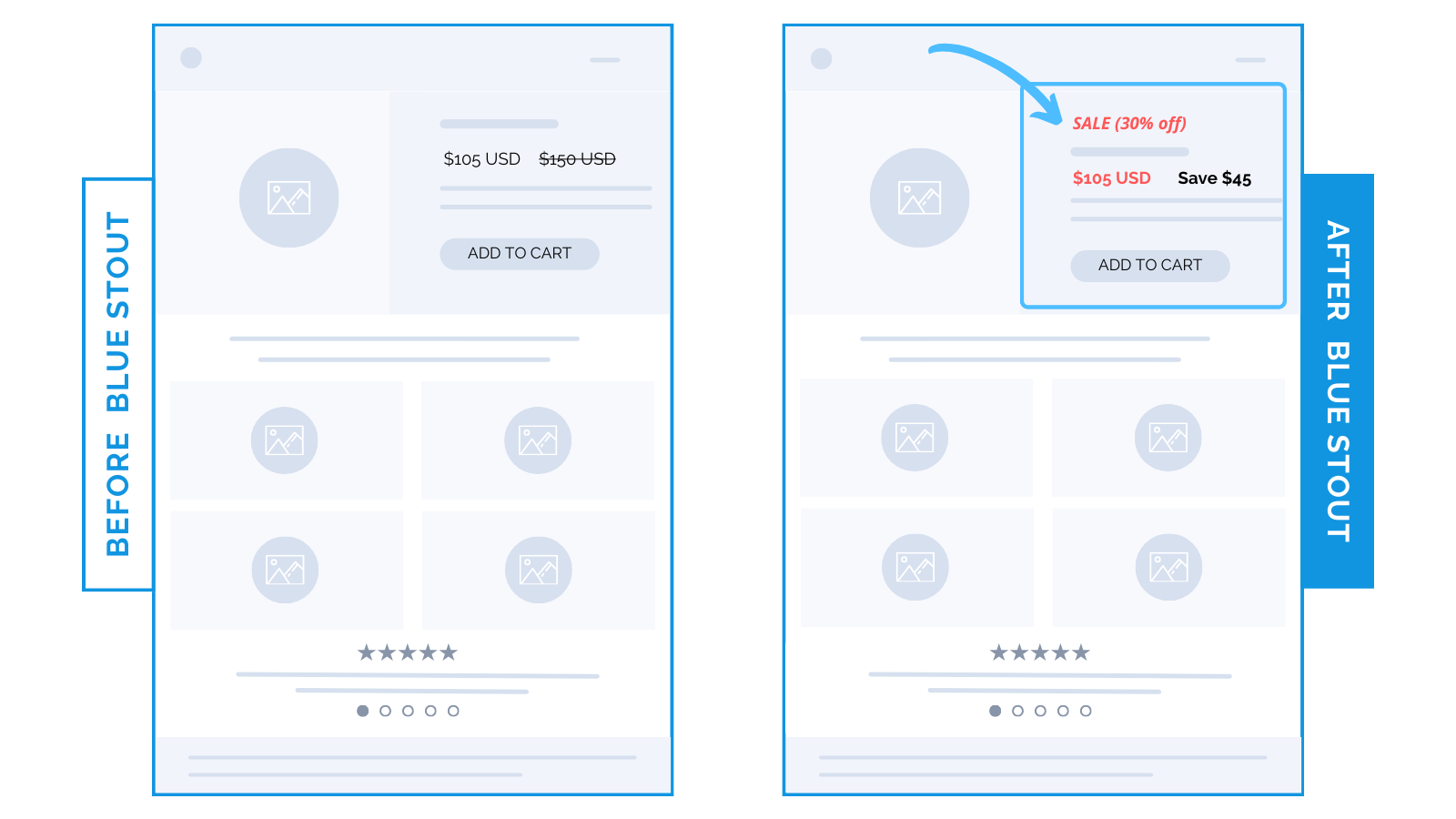- The Fringe
- Posts
- Are your ads effective? Probably not. Here's what makes them better.
Are your ads effective? Probably not. Here's what makes them better.
Plus: Book recommendation: Unreasonable Hospitality | This pricing strategy lifted conversions by 25% | Is CX getting worse? Yes. | What do consumers trust AI to do?


Happy summer solstice. The Earth is a strange and beautiful place. Today, I learned that the Earth’s inner core has slowed since 2008, which could alter the length of days by fractions of a second. Cool or not cool?
I also learned that a huge asteroid called Apophis 99942 will come dangerously close to our planet in 2029—on Friday the 13th. Not cool.
Just a reminder that most things are just out of our hands—and life is precious.
Enough doomsday talk. Back to Skynet and our new underlords.
Table of Contents
Enjoy.
The Latest
Airbnb Releases ‘Icons’
Staying ahead on the hospitality front, Airbnb wants to level up your travel experience. ‘Icons’ lets you experience more iconic experiences with icons. That’s a lot of icons.
It's brilliant from a brand experience standpoint. It will be interesting to see how they perform over time from an ROI standpoint.
By the way, most of their just-released iconic experiences have been fully booked.
See the trailer here:
Hope it inspires you: https://www.airbnb.com/release
The Xs
Brand Experience
Unreasonable Hospitality
How about a book recommendation? Author Will Guidara is a restauranteur who took a struggling two-star brasserie to being named the best restaurant in the world.
And no, you don’t need a restaurant to benefit from the many lessons in this book.
Some highlights:
Hospitality is for every business, not just restaurants. Caring more and being thoughtful don't cost much.
Go above and beyond for customers in unexpected ways. Keyword: unexpected.
Focus on human connection above ego.
Use 5% of your budget for ‘unreasonable’ experiences.
Personalize the experience, “One size fits one.”
Be both “restaurant” and “corporate” smart—this is a tough balance, but necessary to take a business to the next level
On that last point, Will’s dad encouraged him to be “corporate” smart, meaning, what systems and processes will help optimize the business overall.
“Restaurant” smart is understanding the day-to-day operations and trusting your team to make sure customers leave impressed in some fashion.
You need both.
I’m still reading the book, but do yourself a favor and get it. It’s broadly applicable to any business, and in the end, you have to find better ways to serve—and stand out.
Marketing Experience
Are your ads really effective? Probably not.
This is a deep dive from 2018 that I found provocative and insightful—and still applicable today. It will challenge your current advertising model and beliefs in what’s really working for you.
We went from intuition-driven advertising (Mad Men era) to data-driven but often flawed practices.
Should you test ads rigorously? Yes, but it takes resources and expert insight to do this effectively.
And forget about all the sophisticated algorithms and big data—many companies lack real insight into that data. Even the most ‘experienced’ marketing teams rely on misleading metrics and flawed methodologies that lead to wasted ad spend—and there’s a lot of waste.
In short, ads can work effectively—if we can just get over our biases and flawed mental models.
A good read:
User Experience
This pricing strategy lifted conversions by 25%
Show the percent off and dollar amount saved for higher-priced discounted products—according to a new test from Blue Stout.
Read the full study here:
We are doomed to failure without a daily destruction of our various preconceptions.
Customer Experience
Is CX getting worse? Yes.
According to the 2024 June CCW Market Study, they surveyed over 500 US adults about the current state of CX.
Short version? It’s not looking so good.

Consumers are clear about why, from inefficient interactions to impersonal conversations to fragmented digital experiences.
Businesses, in general, have been consistently inconsistent in their service delivery.
And the worst culprit? The inability to reach a human who actually cares and wants to help (when consumers can finally reach them).
Main challenges and issues
Where is everyone going wrong? More humans? Not necessarily. Chatbots would be more acceptable if they were more helpful. Let’s face it: not every chatbot is built exceptionally.
According to the report:
Unfortunately, the human touch they are hoping to receive is rarely as powerful as the one they actually encounter. Beyond the frustration of repetitive questions, consumers find other reasons to criticize agents and the assistance they are providing.
Only 19% of consumers feel agents demonstrate sufficient focus, and an equivalently small quantity feels these agents seriously care about providing support. A troubling 23% feel agents are knowledgeable, and just 36% even feel agents are nice and friendly.

Top preferred customer service channels
Is this a surprise?

AI to the rescue? AI still needs to prove itself.

But there’s light at the end of the tunnel for AI:

What’s your takeaway? If actual human interactions are substandard, and chatbots generally underperform, then what’s the solution?
AI has a ton of promise, but the technology is still early. How can AI be trained to perform better?
Are leaders really prioritizing CX or just giving it lip service? Are they so concerned with sales numbers that they forget that retention and returns also harm the business?
And what’s the brand impact, long-term, when you have poor CX?
Lots to think about.
Employee Experience
Short interview with Erin Meyer, author of “No Rules Rules”
Some good stuff in here from a short interview. Here’s one:
Yeah, so I mean I think my kind of overarching learning from all of this was just to recognize how the vast majority of companies today are operating with this, like this industrial era hangover. And what I mean by that is of course during the industrial era we were all obsessed with error elimination, consistency, and replicability. And if you are leading a manufacturing plant today or you are working in some kind of safety-critical industry, those are still your goals, right? Consistent replicability, error elimination.
But in a growing number of companies and organizations today the biggest risk is no longer losing out on a little bit of efficiency or making some mistakes, the biggest risk is now not thinking freshly enough or being creative enough so that we become irrelevant, right? So, I think what’s happened is that the vast majority of companies, they still have this industrial era mindset and with the industrial era mindset, we have a lot of control mechanisms that are in place in order to control our employees’ behaviors.
Catch the full 13-minute interview here:
Data Experience
What do consumers trust AI to do?
From PwC, their Voice of the Consumer Survey responses from over 20,000 consumers on product research using AI.

This makes sense. For now, an AI search engine like Perplexity could be seen as less biased than a Google search.
Notice that Google, and even Perplexity, show more Reddit threads in their search results—because people trust Redditors.
Ultimately, people want the unvarnished truth.
Will advertising seep into AI search results? Eventually. The question is, how?
I expect it will be frowned upon if a brand pays AI to recommend its products.
A more acceptable version would be if AI showed off the most relevant and highest-rated products and earned a commission from those sales, much like the current influencer business model.
Soon, AI will become the greatest influencer of them all.
Enjoy your weekend!
Paul




Reply